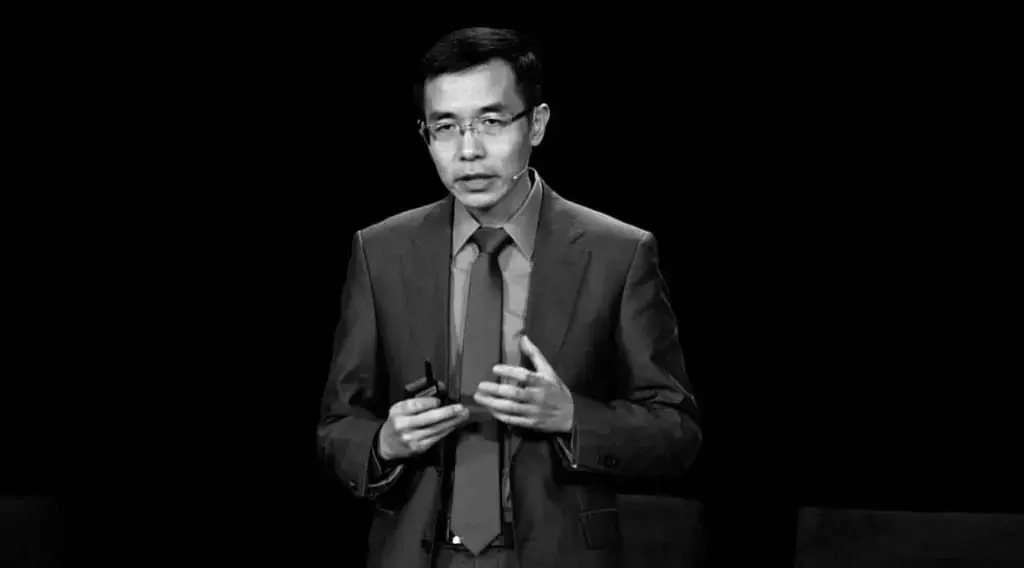The Unexpected Loss of Tang Xiao’ou Raises Questions about the Future of SenseTime
The tech industry in China mourns the untimely passing of Tang Xiao’ou, a renowned figure and co-founder of SenseTime Group. Tang’s death not only leaves a personal void but also raises concerns about the future of SenseTime, a company once hailed as a symbol of China’s AI capabilities.
Tang Xiao’ou, in addition to being a co-founder, was the main shareholder of SenseTime. This unfortunate event has had a significant impact on the company’s stock values, which have plummeted to their lowest point since going public at the end of 2021. It serves as a harsh reminder of the vulnerabilities that tech giants face in the absence of their visionary leaders.
The Challenges of Maintaining Direction and Vision
Tang’s passing sheds light on the challenges that arise when a key figure is lost. SenseTime has made a commitment to carry on Tang’s legacy by focusing on their foundational goals and aspirations. This determination is crucial as the company navigates through a period marked by declining profits and challenging market conditions, further exacerbated by allegations of questionable accounting practices.
Adapting and Innovating to Stay Relevant
SenseTime’s journey reflects the broader narrative in the tech world, where companies must continuously adapt and innovate to remain relevant. The company is diversifying its portfolio, venturing into generative AI as a new frontier. This strategic pivot not only serves as a response to Tang’s passing but also aims to keep pace with the ever-evolving tech landscape.
A True Test of Resilience and Adaptability
In the aftermath of Tang’s death, SenseTime finds itself at a delicate point in its timeline. The company’s ability to uphold Tang’s vision while navigating these turbulent times will be a true test of its resilience and adaptability. As SenseTime strives to maintain its reputation and continue advancing its technology, the tech community closely observes, recognizing that adaptability and vision are key to long-term success in the dynamic world of AI.


Leave a Reply